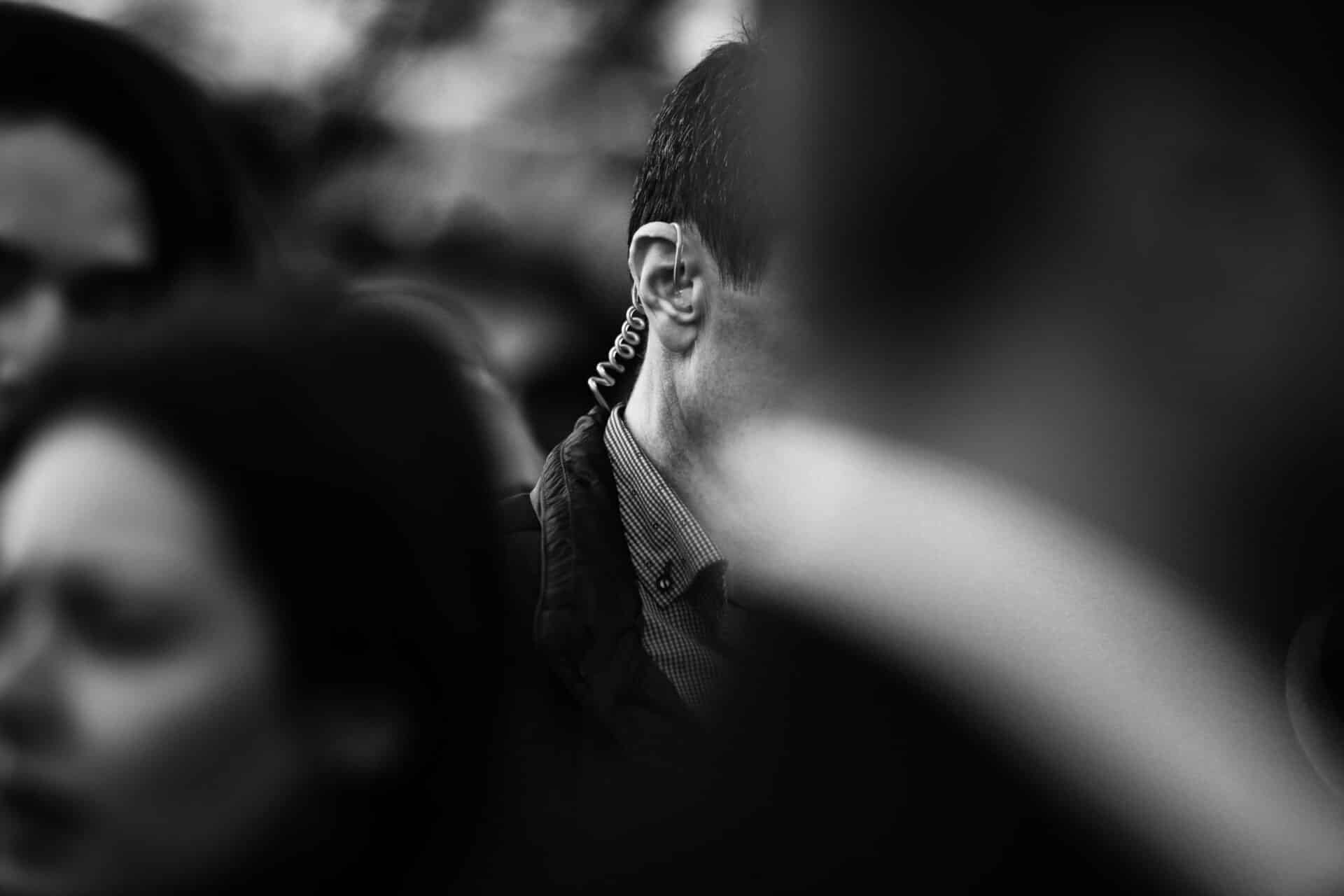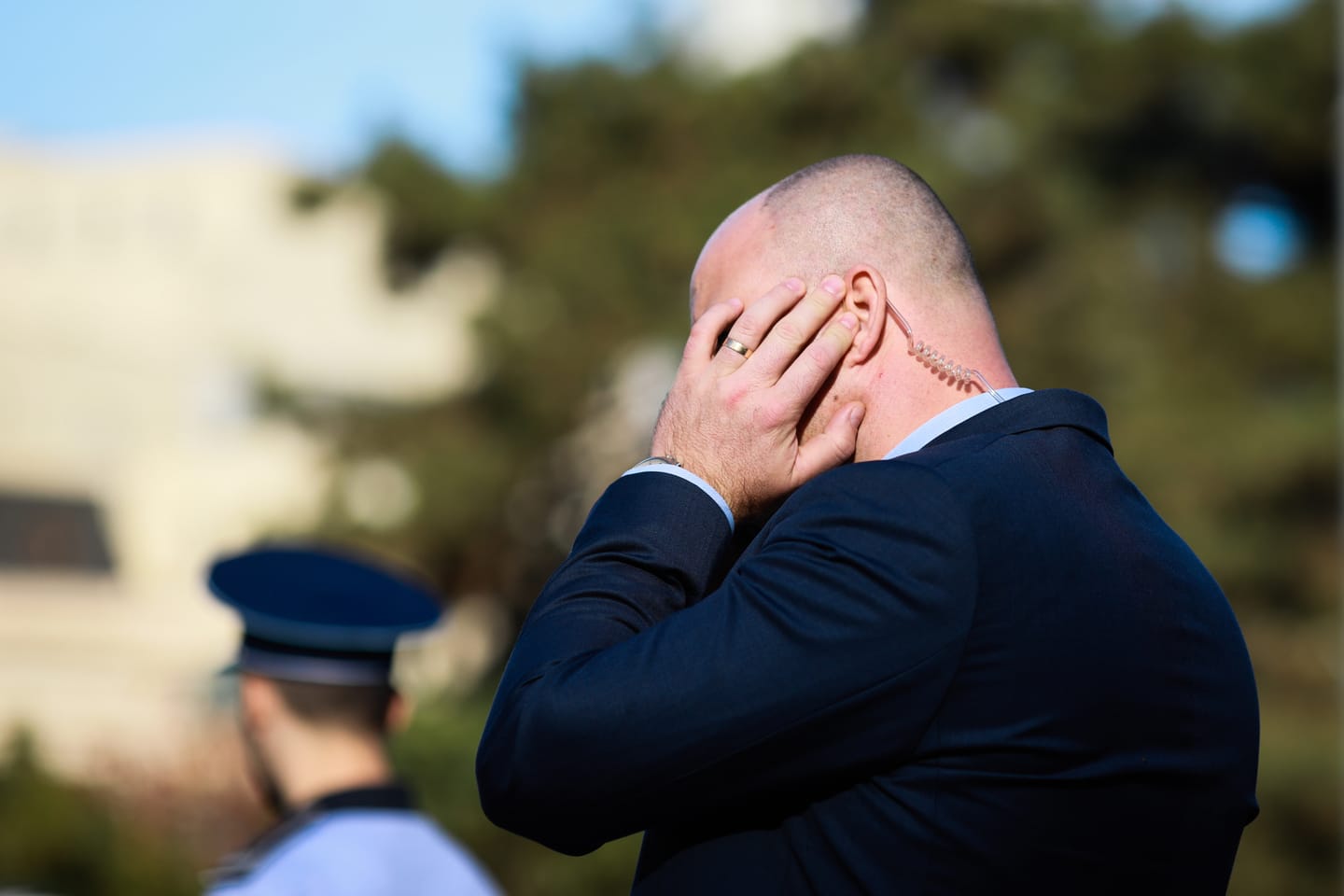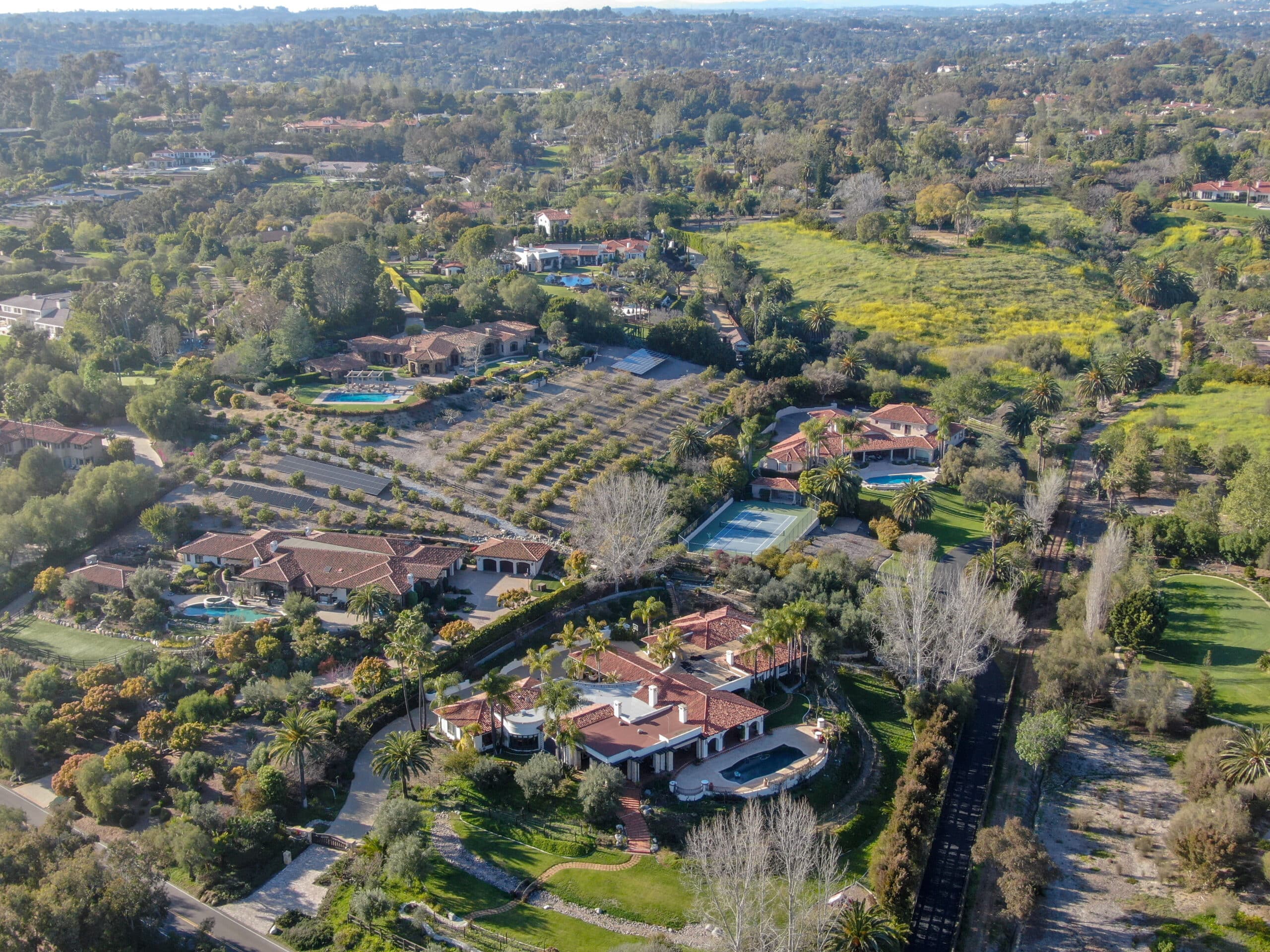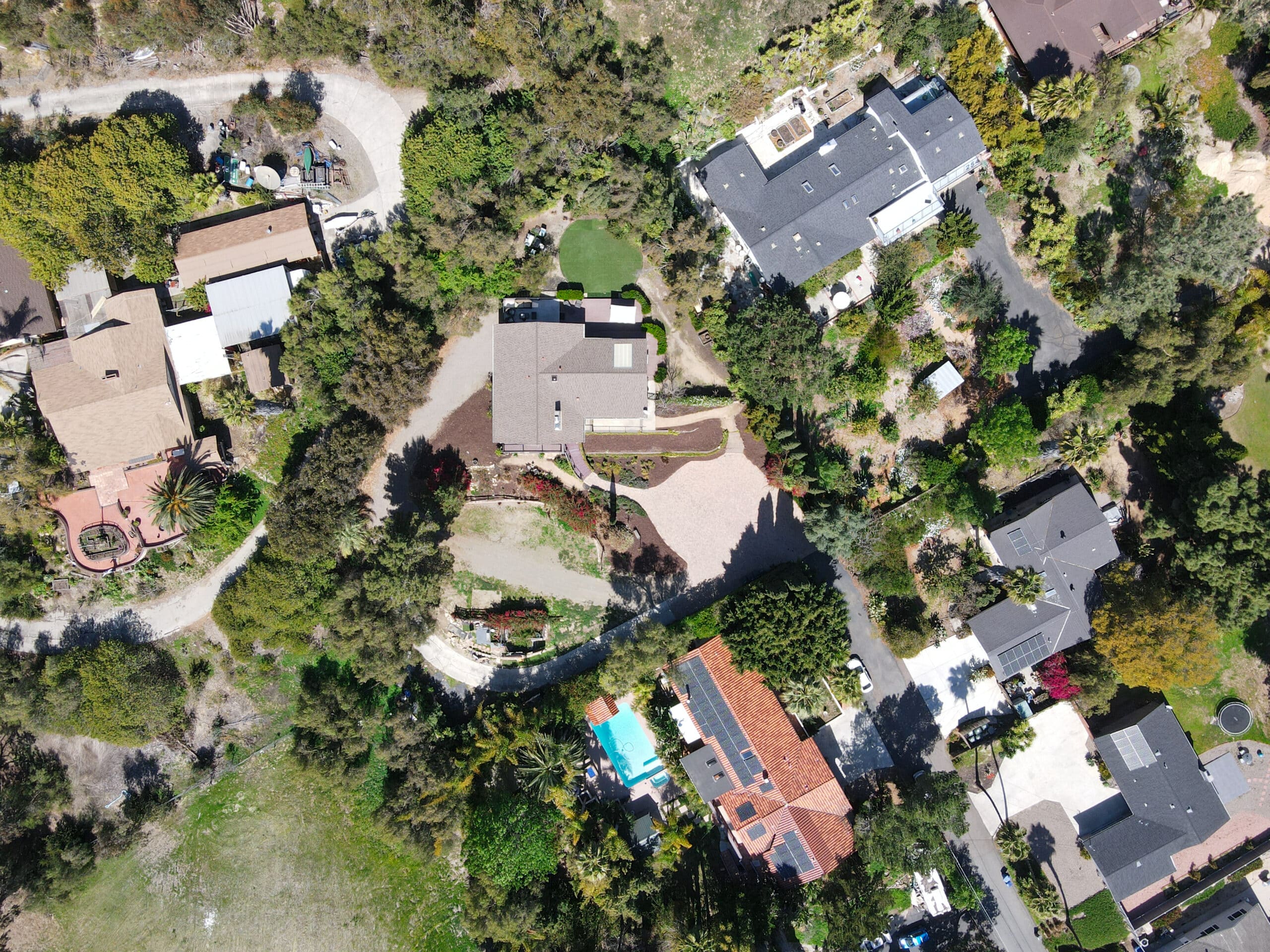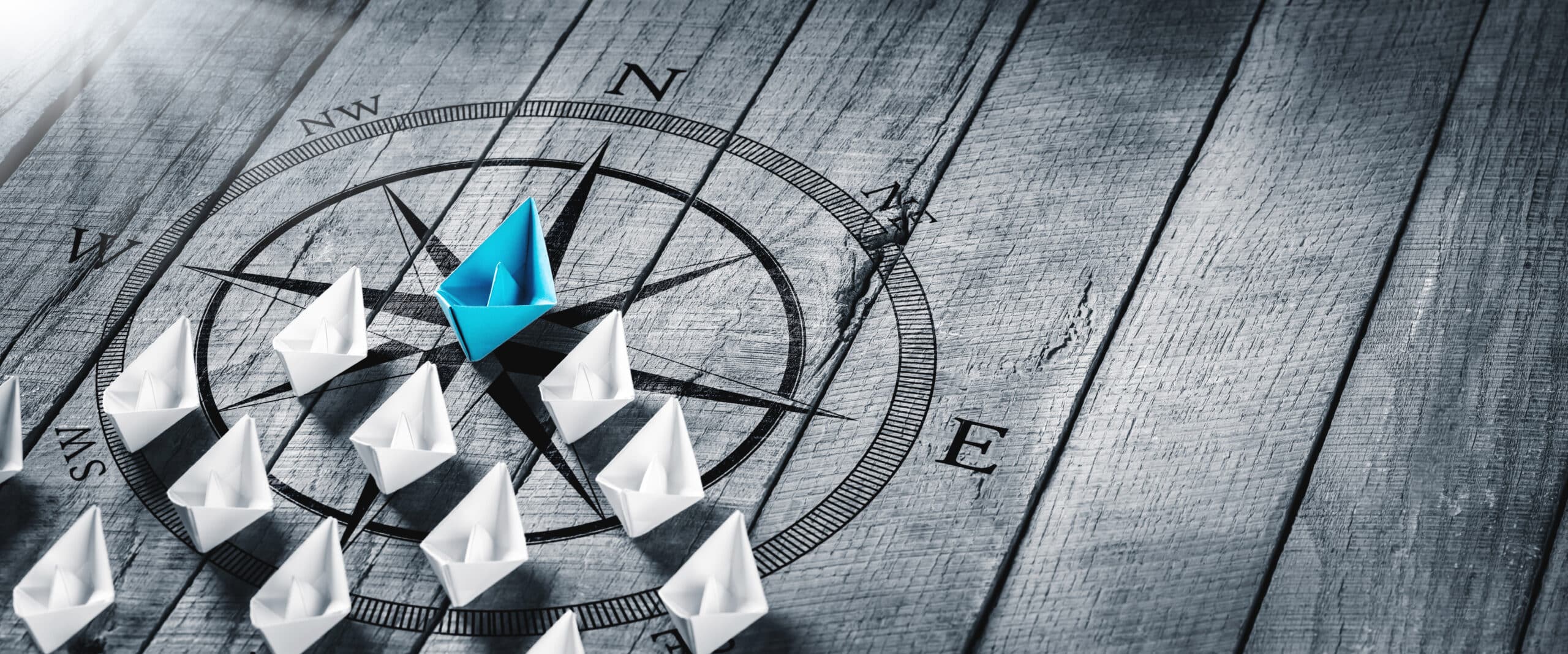Estimated reading time: 11 minutes
In an era where personal safety is increasingly becoming a top priority for individuals in high-risk professions or with high public profiles, specialized personal protection is more critical than ever. This comprehensive guide is meticulously designed to navigate you through the intricate process of hiring a private bodyguard. It delves deep into the crucial aspects one must consider, ensuring a seamless integration of safety, professionalism, and peace of mind into your daily life. From understanding the nuances of personal security to managing the complex dynamics between client and protector, this article is your definitive source for enlisting elite personal protection.
Table of contents
- Understanding the Role of a Private Bodyguard
- The Process of Hiring a Private Bodyguard
- Training and Preparedness of Private Bodyguards
- Operational Strategies and Protocols
- Advanced Technology in Personal Protection
- Legal and Ethical Considerations in Personal Protection
- Relationship Management and Client Dynamics
- Continuous Improvement and Future Trends in Personal Protection
- Conclusion
Understanding the Role of a Private Bodyguard
Defining the Scope of Protection
A private bodyguard is not just a physical presence meant to intimidate; they are skilled professionals whose expertise extends beyond mere muscle. Understanding the scope of protection involves recognizing the multifaceted responsibilities these experts carry. They are trained to assess risks, monitor potential threats, and act swiftly and decisively in crises. Their role is to be a discreet yet ever-present shield, offering protection as proactive as it is reactive. This entails a deep understanding of situational awareness, risk assessment, and having an acute sense of judgment to differentiate between real and perceived threats.
Skills and Qualifications of Elite Protectors
The realm of personal protection is not one for the amateur. Elite bodyguards come with specific skills and qualifications that set them apart. This includes, but is not limited to, advanced combat and defensive training, expertise in risk management and assessment, proficiency in advanced driving techniques, and, often, a background in law enforcement or military service. The intricate nature of their job requires them to be adept in communication, understand and adapt to cultural nuances, and be exceptionally fit mentally and physically. Their continuous training ensures they are abreast with the latest security protocols and technologies.
The Psychological Aspect: More Than Just Muscle
While physical prowess is a significant aspect of a bodyguard’s capabilities, the psychological aspect of their role is equally vital. They are trained to maintain high emotional intelligence to effectively manage stressful situations, ensuring their judgment remains unclouded during crises. This also involves being perceptive to the client’s emotional and psychological state, offering physical protection and a sense of security and reassurance. The ability to anticipate potential threats and remain calm and collected under pressure distinguishes a competent protector from an outstanding one.
The Process of Hiring a Private Bodyguard
Identifying Your Specific Security Needs
Before hiring a private bodyguard, it is imperative to identify and understand your specific security needs. This involves conducting a thorough risk assessment to ascertain the level of threat and the type of protection required. Factors such as the nature of your profession, public visibility, travel frequency, and family considerations are crucial in shaping your security requirements. Deciding whether you need round-the-clock protection or security for specific events or situations is also essential. Understanding these parameters will guide you in choosing a bodyguard whose skills and experience align perfectly with your unique needs.
The Selection Process: Finding the Right Fit
The selection process for a private bodyguard is meticulous and should be approached with diligence. This typically begins with sourcing candidates from reputable security firms specializing in personal protection. These firms conduct extensive background checks, ensuring their personnel’s reliability and professionalism. When reviewing potential candidates, consider factors such as experience, training, physical fitness, and specialized skills matching your specific needs. Interviews are a crucial part of the selection process, as they allow you to assess the candidate’s communication skills, demeanor, and compatibility with your lifestyle and preferences.
Legal and Contractual Considerations
Hiring a private bodyguard involves several legal and contractual considerations that must be meticulously addressed. It’s essential to ensure that the bodyguard or the security firm they are associated with possesses the licenses and permits to operate legally. A comprehensive contract outlining the terms of service, duration of employment, confidentiality agreements, and compensation details should be drawn up. It’s advisable to involve legal counsel in this process to ensure that all contractual elements are in place, protecting both your interests and those of the bodyguard. This legal groundwork is fundamental in establishing a professional and transparent working relationship.
Training and Preparedness of Private Bodyguards
Rigorous Training Regimens
Private bodyguards undergo rigorous training regimens designed to prepare them for a wide array of scenarios they might encounter in the line of duty. This training encompasses physical fitness, combat and defensive techniques, firearms proficiency, and first aid, among other critical skills. Experienced professionals from military or law enforcement backgrounds often conduct these intensive programs. The training is not a one-time event but a continuous process, with regular refresher courses to ensure that the bodyguards are always at the peak of their readiness and abreast with the latest security tactics and technologies.
Advanced Surveillance and Threat Assessment Skills
Surveillance and threat assessment are pivotal skills for any private bodyguard. They are trained to be highly observant, picking up on subtle environmental cues that may indicate potential threats. This involves both physical surveillance and monitoring through advanced technological tools. Bodyguards are also trained in threat assessment, enabling them to analyze situations, understand the threat level, and implement the most effective countermeasures. Their ability to anticipate and neutralize threats before they materialize sets them apart as elite protectors.
Preparedness for Emergency Situations
The actual test of a private bodyguard’s skill and training comes during emergencies. They are trained to respond swiftly and effectively to a range of scenarios, from medical emergencies to physical attacks or kidnapping attempts. This preparedness includes proficiency in emergency driving techniques, tactical communication, and coordination with law enforcement and emergency services. In such situations, the bodyguard’s primary objective is to ensure the client’s safety, often making split-second decisions that could be the difference between life and death.
Operational Strategies and Protocols
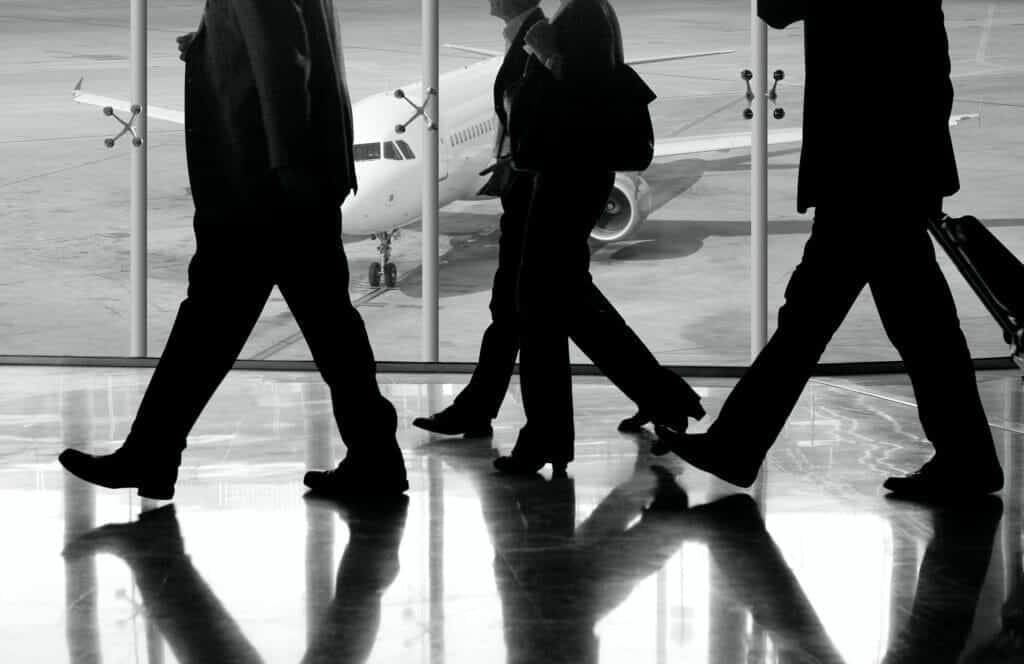
Risk Assessment and Security Planning
Adequate security protection starts with meticulous risk assessment and strategic security planning. Private bodyguards are trained to evaluate the potential risks associated with their clients’ environments and situations. This involves analyzing factors such as location, event type, crowd dynamics, and any specific threats relevant to the client. Based on this assessment, bodyguards develop a comprehensive security plan outlining protective measures, emergency protocols, and evacuation routes. The dynamic plan is regularly updated to adapt to changing threat landscapes and client requirements.
Close Protection Techniques and Formations
Close protection is a specialized private security field requiring advanced techniques and formations. Bodyguards utilize a variety of formations based on the scenario, the level of threat, and the client’s preferences. These formations are designed to provide maximum protection while maintaining discretion. Techniques such as the ‘diamond formation’ or ‘box formation’ are commonly used, especially in crowded or high-risk situations. These formations ensure the bodyguard is always optimally positioned to shield against potential threats while facilitating quick and safe evacuation if needed.
Covert Operations and Low-Profile Protection
In certain situations, overt security measures might be undesirable or counterproductive. In such cases, bodyguards are trained to operate covertly, providing low-profile protection that blends seamlessly with the environment. This involves dressing in plain clothes, using unmarked vehicles, and employing subtle surveillance techniques. The aim is to provide uncompromised security without attracting undue attention or disrupting the client’s routine. Covert operations require a high level of skill and discretion, as bodyguards must remain vigilant and ready to respond without the overt presence of security personnel.
Advanced Technology in Personal Protection
Surveillance and Monitoring Technologies
Leveraging advanced surveillance and monitoring technologies is paramount for ensuring a secure environment in personal protection. Bodyguards have state-of-the-art CCTV cameras, covert wearable cameras, and GPS tracking devices. These tools enable them to constantly watch over their clients and surroundings, detect potential threats early, and gather crucial information that can neutralize risks. Integrating artificial intelligence and machine learning in these systems further enhances their capability to recognize patterns, predict possible scenarios, and provide real-time alerts.
Communication and Information Security
Secure and efficient communication is the backbone of effective personal protection services. Private bodyguards utilize encrypted communication devices to coordinate with each other and external agencies if necessary. This ensures that sensitive information is transmitted securely, minimizing the risk of interception. In addition, they are trained in information security protocols to safeguard their clients’ personal data. This includes using secure data storage, encrypted digital communication, and regular audits to prevent breaches or leaks.
Protective and Defensive Equipment
Apart from surveillance and communication gadgets, private bodyguards are also equipped with protective and defensive equipment tailored to the specific needs of the client and the nature of the assignment. This can include body armor, non-lethal weapons like stun guns or pepper spray, and, in certain jurisdictions, licensed firearms. The choice of equipment is strategic, ensuring that the bodyguards are prepared to deal with threats effectively without causing unnecessary harm or attracting undue attention. Regular training in using this equipment ensures that they can operate it under high-pressure situations, maintaining the safety and security of their clients at all times.
Legal and Ethical Considerations in Personal Protection
Understanding the Legal Framework
Navigating the legal landscape is crucial for both the private bodyguard and the client to ensure that the protective services provided are within the bounds of the law. This involves understanding the laws and regulations related to personal protection, licensing of security personnel, and use of force in the jurisdiction where the services are provided. Private bodyguards must be well-versed in these legal parameters and ensure strict compliance to avoid legal repercussions for themselves and their clients. It’s also crucial for the client to be aware of these legalities, ensuring that their expectations and the bodyguard’s actions are legally justified.
Ethical Conduct and Client Confidentiality
Ethical conduct and client confidentiality are cornerstones of professional personal protection services. Bodyguards are entrusted with sensitive client information and must uphold the highest standards of discretion and integrity. This includes respecting the client’s privacy, maintaining confidentiality, and avoiding any actions that could compromise the client’s trust or safety. Ethical dilemmas may arise, and bodyguards must be prepared to handle them professionally, ensuring their actions align with moral standards and the client’s best interest.
Dealing with the Use of Force
Using force for personal protection is a sensitive and critical issue governed by strict legal and ethical guidelines. Private bodyguards are trained to use the minimum force necessary to neutralize threats and protect their clients. Understanding the principles of proportionality, reasonableness, and necessity is essential to ensure that any use of force is legally justified and ethically sound. Bodyguards must also be adept at de-escalation techniques, aiming to resolve conflicts without violence whenever possible. When force is required, documenting the incident accurately and comprehensively is crucial for legal and accountability purposes.
Relationship Management and Client Dynamics
Building Trust and Rapport
The relationship between a private bodyguard and their client is a pivotal aspect of personal protection services. Building a foundation of trust and rapport is essential for a successful partnership. This involves understanding the client’s needs, preferences, and expectations and adapting the protection strategies accordingly. Bodyguards must be approachable, responsive, and communicative, ensuring the client feels comfortable and secure. Regular meetings and feedback sessions help fine-tune the services and address concerns, fostering a positive and collaborative relationship.
Discretion and Professional Boundaries
Maintaining discretion and professional boundaries is paramount in the personal protection industry. While bodyguards often have close access to their clients’ lives, respecting their privacy and maintaining a professional distance is crucial. This includes being mindful of conversations, avoiding involvement in personal affairs, and ensuring that any personal information encountered during duty is treated with the utmost confidentiality. The ability to remain unobtrusive yet fully attentive is a skill that distinguishes elite bodyguards, ensuring that the client’s lifestyle and routine are minimally disrupted.
Handling Sensitive Situations
Private bodyguards may find themselves in sensitive situations that require tact, diplomacy, and a calm demeanor. Bodyguards must handle these situations with finesse, whether dealing with aggressive paparazzi, managing overenthusiastic fans, or navigating complex social scenarios. This involves employing de-escalation techniques, effective communication, and, sometimes, strategic intervention to prevent situations from escalating. Managing such scenarios discreetly and efficiently, without drawing unnecessary attention or causing distress to the client, is crucial for maintaining a safe and comfortable environment.
Continuous Improvement and Future Trends in Personal Protection
Embracing Technological Advancements
Personal protection is continually evolving, with technological advancements playing a significant role in shaping its future. Private bodyguards and security firms must stay abreast of the latest technologies and integrate them into their services to enhance protection levels. This includes using advanced surveillance systems, artificial intelligence for threat detection and analysis, and sophisticated communication tools for seamless coordination. Embracing these technologies improves the effectiveness of personal protection strategies and offers proactive solutions to anticipate and neutralize threats.
Ongoing Training and Skill Development
Continuous improvement is crucial in maintaining the highest standards of personal protection. This involves regular training and skill development for bodyguards to ensure they are prepared for any scenario. Training programs should cover many areas, including physical fitness, combat techniques, emergency response, and the latest security protocols. Soft skills such as communication, emotional intelligence, and cultural awareness are equally important to cater to clients’ diverse needs. Investing in ongoing training ensures that bodyguards are competent, confident, and capable of adapting to the dynamic nature of security threats.
Anticipating Future Security Challenges
The landscape of personal security is constantly changing, with new threats emerging as societal dynamics, technology, and global situations evolve. Anticipating and preparing for these future challenges is essential for ensuring continued protection for clients. This requires a forward-thinking approach, continuous risk assessment, and strategic planning. Security professionals must be visionary, responding to current threats, predicting future vulnerabilities, and developing robust strategies to counter them. Collaboration with law enforcement, intelligence agencies, and security experts is crucial to gain insights and avoid potential security challenges.
Conclusion
In conclusion, the journey to securing one’s safety by hiring a private bodyguard is both a profound commitment and a strategic decision. It’s a partnership that intertwines professional expertise with personal trust, a synergy that ensures physical protection and instills a sense of security and confidence, enabling individuals to navigate their lives with tranquility and assurance.

